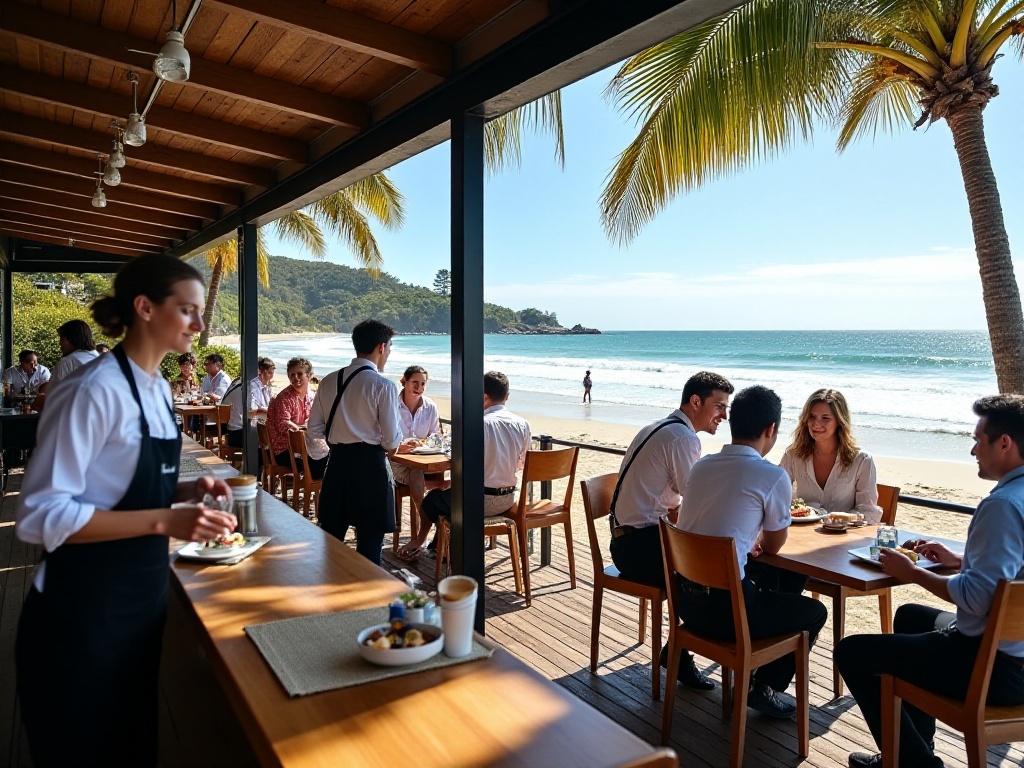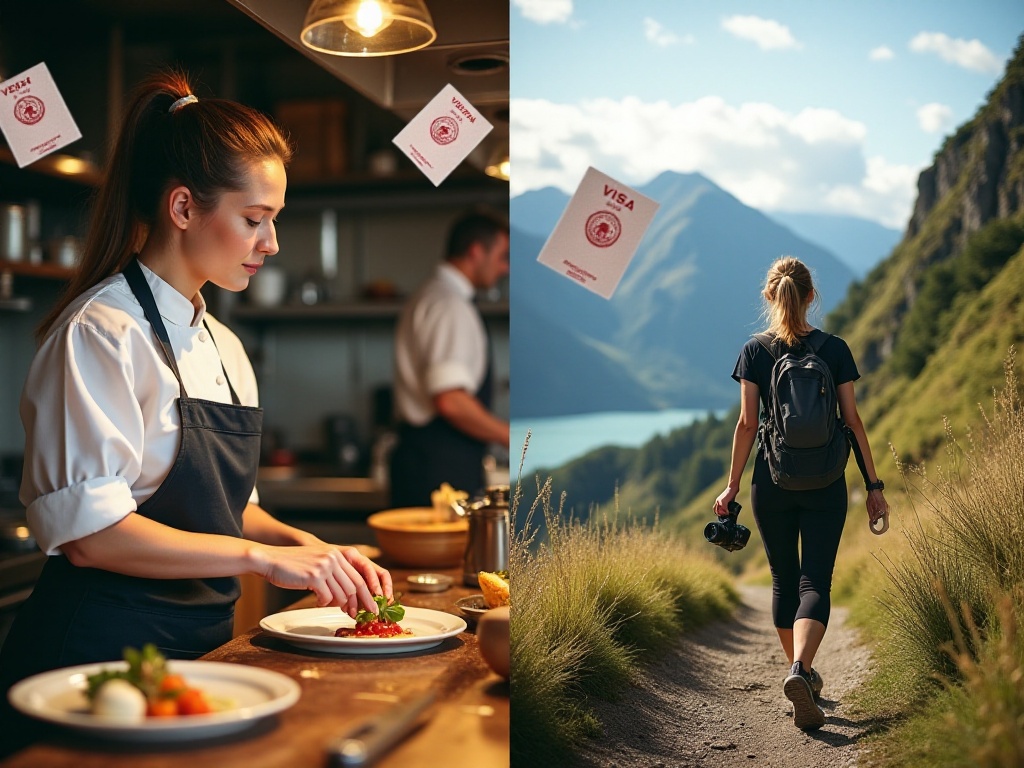
Opening Words
This is my 186th day on my New Zealand working holiday, writing this article while sitting on a lawn near Queenstown. The lake surface in the distance sparkles, and the sheep graze leisurely nearby. This pace of life makes me feel particularly relaxed. I remember when I first arrived, I was worried about my language fluency, finding suitable work, and dealing with life's challenges. Looking back now, these worries were unnecessary. The friendliness and inclusiveness of New Zealanders helped me quickly adapt to life here.
What is a Work Visa
A working holiday visa is like a magical pass that allows you to legally work and travel in the beautiful land of New Zealand. I remember when I first heard about this visa, I thought it was some high-end visa that would be particularly difficult to apply for. But in reality, it's a special visa introduced by the New Zealand government to give young people the opportunity to experience local life in depth.
In New Zealand, you can try various interesting jobs. For example, caring for adorable alpacas on scenic farms, mixing cocktails in busy bars, selling fresh oysters in bustling seafood markets, or picking grapes in beautiful vineyards. Job opportunities here are abundant, and most employers are very willing to hire young people with working holiday visas.
My first job was as a server at a ski resort in Queenstown. Although the work was intense, being able to see spectacular snow-capped mountains every day and interact with ski enthusiasts from around the world was an invaluable experience. Later, I worked as a waiter in a cafe, learned to make various coffees, and made many like-minded friends.
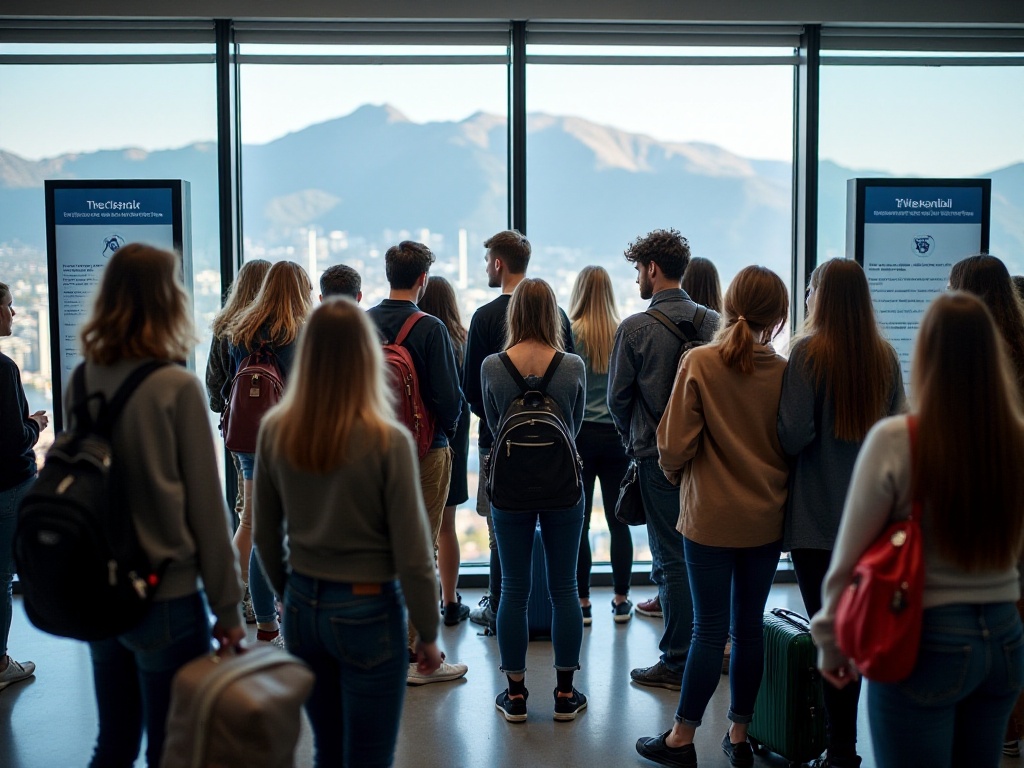
Application Guide
Applying for a working holiday visa isn't as difficult as imagined. First, age is a basic requirement - you need to be between 18-30 years old. I remember I was 24 when I applied, which was the perfect age to experience this lifestyle. However, now some countries have extended the age limit to 35, giving more people the opportunity.
Proof of funds is one of the most important parts of the application process. The New Zealand government requires applicants to prove they have sufficient funds to support their living expenses and return airfare. I recommend preparing proof of at least NZD 10,000, which will convince visa officers that you can support yourself. This money doesn't necessarily have to be all cash; it can be bank deposits, certificates of deposit, or other liquid assets.
Materials needed for application include a valid passport, police clearance certificate, medical examination report, etc. It took me about two weeks to prepare these materials. The medical examination was the most time-consuming, so I recommend booking hospital appointments in advance to avoid delaying the application.
Regarding language requirements, although there's no explicit requirement for IELTS or TOEFL scores, having some English foundation will make your life easier. I had taken IELTS before coming, and although my score wasn't high, basic daily communication wasn't a problem. In fact, my English level improved rapidly through work and daily life after arriving.

Visa Details
The validity period of working holiday visas varies depending on the applicant's nationality. Most country applicants can stay in New Zealand for 12 months. I remember when I first got my visa, I was planning how to arrange this year. Later I found that a year is neither long nor short - the key is reasonable planning.
The visa stipulates that you cannot accept permanent work, which is actually to protect the local labor market. However, this restriction gave me the opportunity to try many different types of work. I worked at a cafe for three months, then experienced farm life for two months, and later worked at a ski resort for a snow season. Each job brought different experiences and gains.
Regarding study time restrictions, although you can only study for up to 6 months, this is enough time to participate in some short-term courses or training. I took advantage of the off-farm season to participate in a two-month barista training course, and now I can skillfully make various coffees.
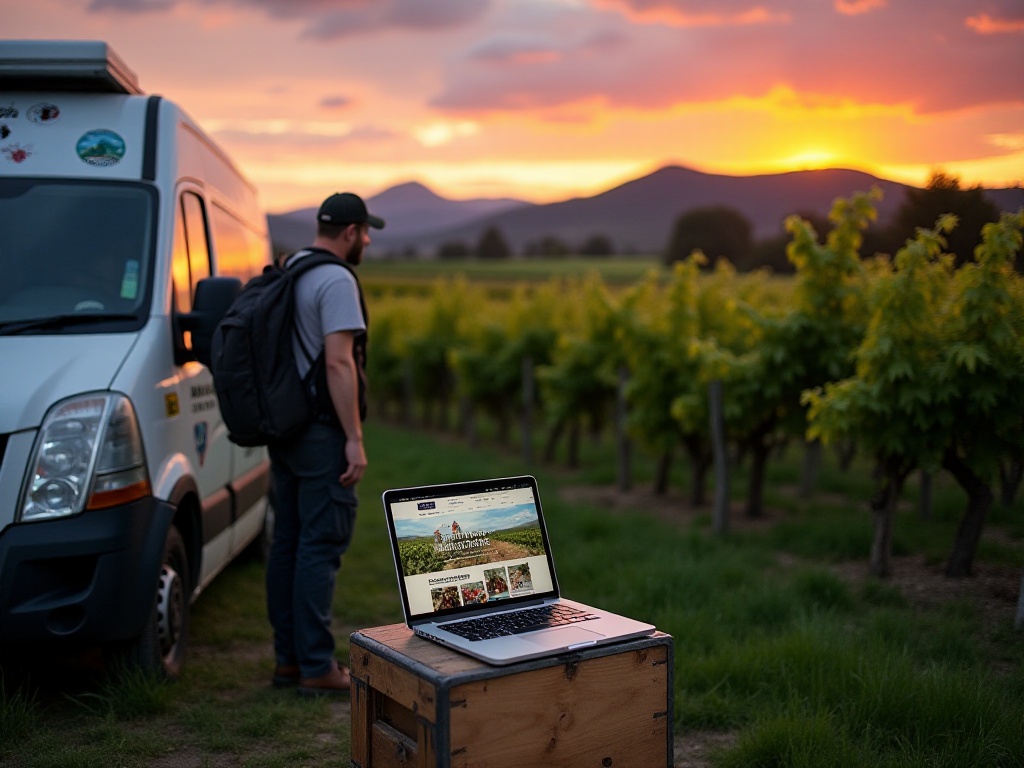
Work Options
In New Zealand, there are many work choices, covering almost all industries. The food and beverage industry is the easiest to enter, as most restaurants don't require work experience. My first job was as a waiter at an Italian restaurant in Auckland. Although my language wasn't fluent at first, the boss was very patient, and colleagues were friendly, helping me quickly adapt to the work environment.
Cafe work is a popular choice for many working holiday makers. New Zealand's coffee culture is very developed, with cafes on almost every corner. I worked at a cafe in Queenstown for three months, starting from basic cleaning work and gradually learning to make various coffees. Now I can skillfully create various latte art patterns.
Farm work, although physically demanding, usually pays well and offers the most authentic New Zealand rural life experience. I worked on a farm in the South Island for two months, mainly looking after sheep and maintaining fences. Although tired every day, falling asleep under a starry sky was truly beautiful.
During tourist season, hotels and tourist attractions recruit many temporary workers. I have a friend who works as a guide on boats in Milford Sound, enjoying world-class natural scenery every day while meeting tourists from around the world.
Vineyard work is also popular, especially during harvest season. Although the work is intense, you can learn a lot about wine. I know a Korean couple who worked at a vineyard in Marlborough for an entire harvesting season, not only earning good money but also learning wine appreciation.
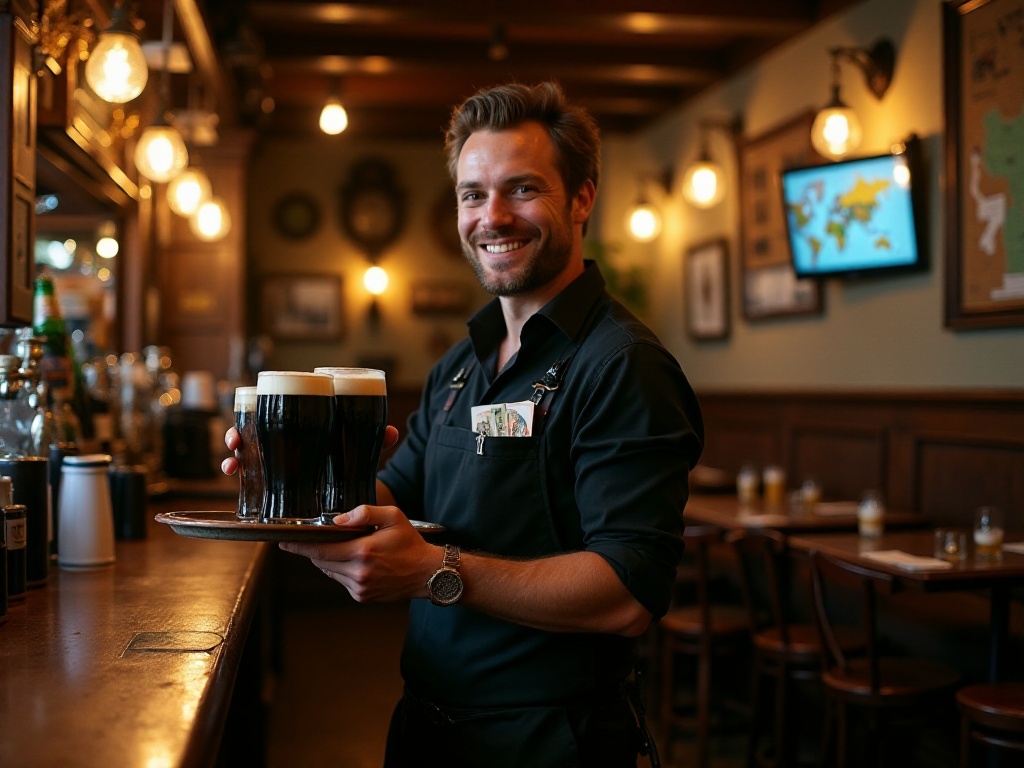
Life Experience
The pace of life in New Zealand is much slower than in China. People here value work-life balance, rarely work overtime on weekends, and have plenty of paid annual leave. When I worked at the cafe, I worked five days a week and could go surfing or hiking at nearby beaches on weekends.
For accommodation, most working holiday makers choose shared rentals or youth hostels. I initially stayed at a youth hostel in Auckland, then met like-minded friends and we rented an apartment together. Sharing not only saves expenses but also helps you meet friends from different countries.
Transportation mainly consists of public transport and car rentals. In cities, the public transit system is fairly convenient. However, renting a car is the best choice for exploring New Zealand in depth. My friends and I often rented cars on weekends to explore nearby towns. Once, we drove to Lake Tekapo and saw the most beautiful stars in the Southern Hemisphere at night.
Regarding food, New Zealand's prices are relatively high, but the quality is good. Fruits and vegetables in supermarkets are fresh, and seafood is cheap. I usually cook for myself and occasionally treat myself to restaurants with friends. New Zealand lamb is really delicious - grilled lamb chops paired with local Pinot Noir wine is simply heavenly.

Experience Sharing
This year of working holiday has given me many unexpected gains. First is the improvement in language ability - through daily work and life communication, my English level has improved significantly. Now I'm completely comfortable chatting with foreigners, which is very helpful for my future career development.
Second is making many good friends. Through work and travel, I met young people from around the world. We worked together, traveled together, shared our cultures, and these experiences broadened my worldview. Although we're now scattered around the world, we still keep in touch, and who knows, we might meet again on the other side of the globe.
Work skills have also improved greatly. Through working in different positions, I learned to make coffee, care for sheep, pick grapes, and various other skills. These experiences not only enriched my resume but also gave me a deeper understanding of different professions.
Financial awareness has also improved significantly. Living abroad, you must learn to manage your income and expenses. I keep accounts every month, reasonably allocating income for living expenses, travel, and savings. This good financial habit has now become part of my life.
Most importantly is the change in mindset. This year's experience has made me more independent and confident. I learned to face various challenges alone and understood that life isn't just about completing goals step by step, but more about experiencing and feeling.
Final Words
A working holiday isn't just an experience of working abroad, but a journey of discovering the world and yourself. On this land of New Zealand, you might work hard in vineyards, study earnestly in cafes, become friends with animals on farms, or stargaze at campgrounds.
Every year, tens of thousands of young people choose to spend their working holiday in New Zealand. Among them are fresh graduates, office workers seeking a change of pace, and artists pursuing their dreams. Everyone comes here with their own story and leaves with new ones.
If you're considering applying for a working holiday, my advice is: go for it. You might encounter difficulties and feel lonely along the way, but these are all part of growth. The important thing is to believe in your ability to handle these challenges and believe this experience will make you a better person.
New Zealand not only has magnificent natural scenery but also an inclusive, open cultural atmosphere and friendly people. Here, you can slow down, experience a different lifestyle, and discover unknown possibilities about yourself. This might be the most special year of your life, so why not give it a try?
So, prepare your passport and luggage, and start your working holiday in New Zealand! This beautiful land and countless possibilities are waiting for you.
Next
The Great Resurgence: International Business Travel's Triumphant Return
In the wake of a global pandemic that brought the world to a standstill, a new chapter in international business travel is unfolding. As borders reopen and economies rebound, the corporate world is witnessing a renaissance of global mobility, driven by an insatiable appetite for face-to-face interactions and the irreplaceable value of in-person connections.
Complete Guide to New Zealand Working Holiday: How to Exchange Work for a Deep Travel Experience
A comprehensive guide to working holiday programs, covering core concepts, visa requirements, eligibility criteria, and practical applications with detailed examples from Australia and New Zealand working holiday schemes
Complete Guide to Working Holiday Visas: Travel the World While Earning Money - A First Travel Guide for Young People
A comprehensive guide to Working Holiday programs, covering visa requirements, popular destinations including Australia and New Zealand, employment opportunities, and support services for participants aged 18-30
Next
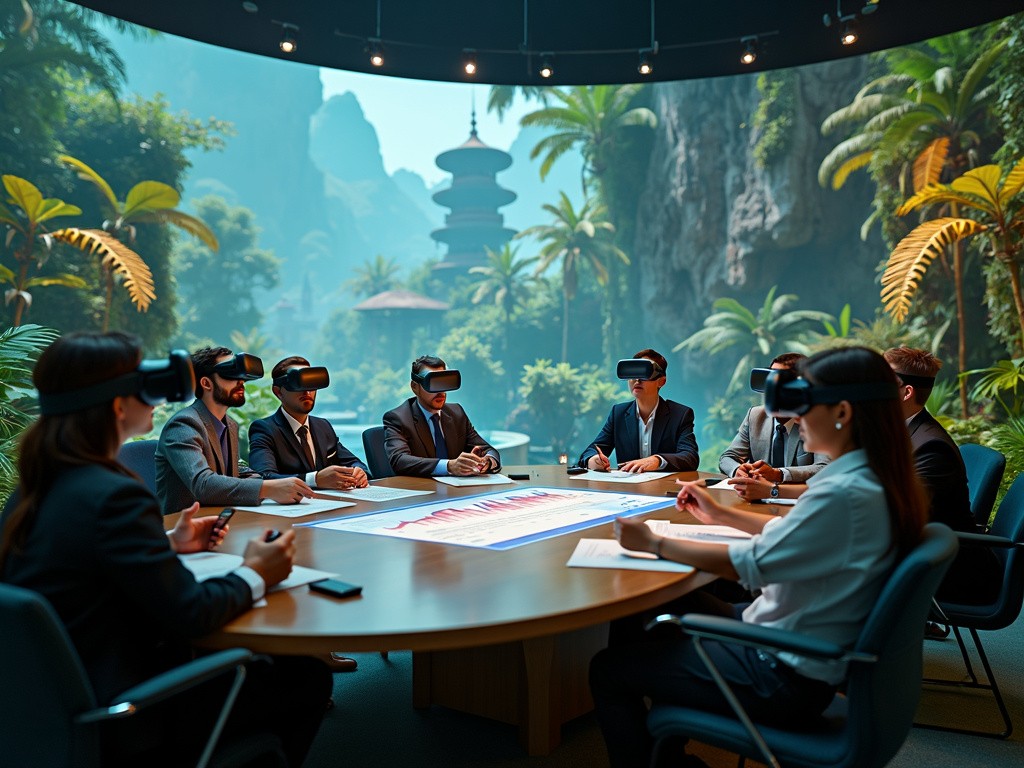
The Great Resurgence: International Business Travel's Triumphant Return
In the wake of a global pandemic that brought the world to a standstill, a new chapter in international business travel is unfolding. As borders reopen and economies rebound, the corporate world is witnessing a renaissance of global mobility, driven by an insatiable appetite for face-to-face interactions and the irreplaceable value of in-person connections.
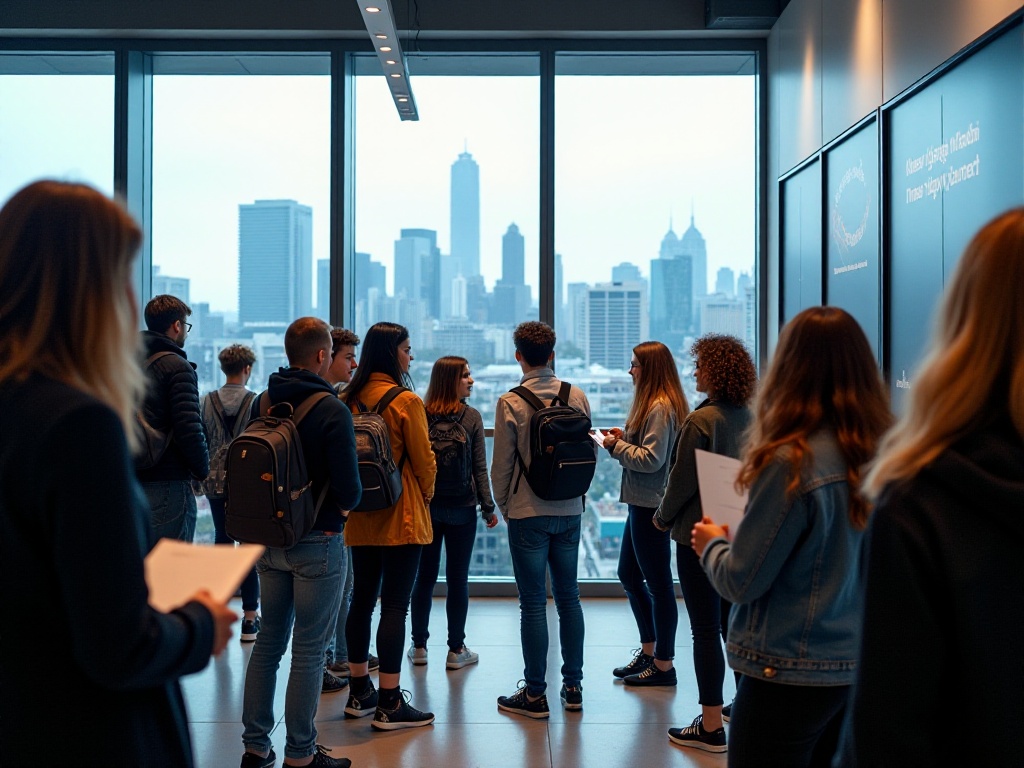
Complete Guide to New Zealand Working Holiday: How to Exchange Work for a Deep Travel Experience
A comprehensive guide to working holiday programs, covering core concepts, visa requirements, eligibility criteria, and practical applications with detailed examples from Australia and New Zealand working holiday schemes
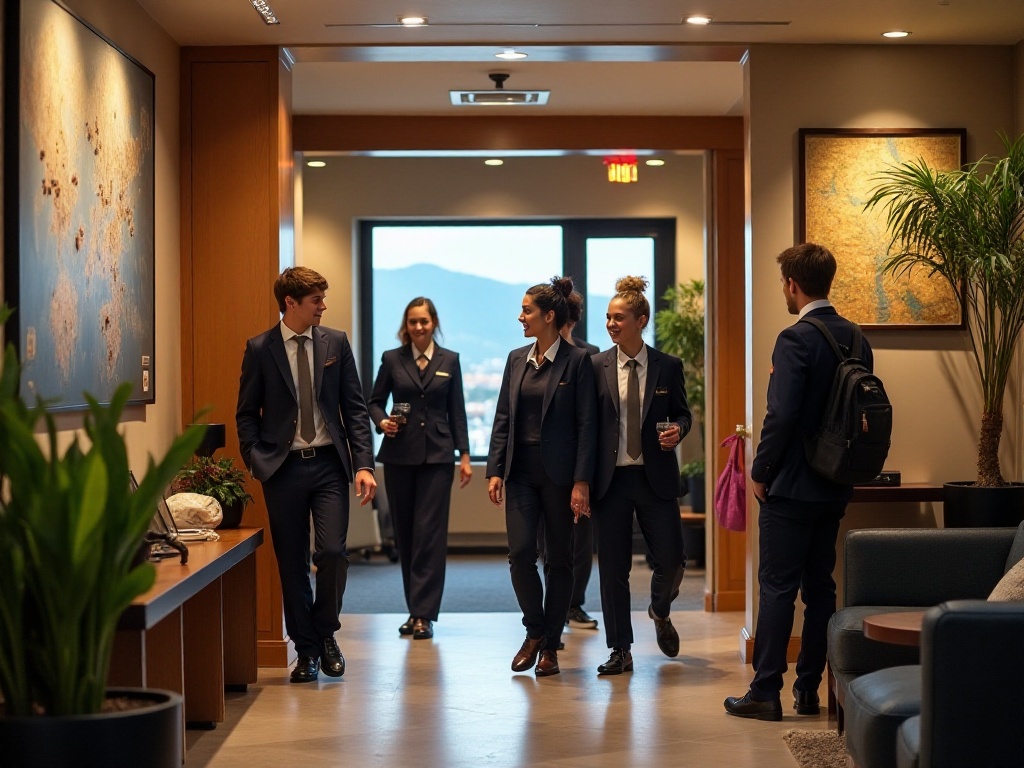
Complete Guide to Working Holiday Visas: Travel the World While Earning Money - A First Travel Guide for Young People
A comprehensive guide to Working Holiday programs, covering visa requirements, popular destinations including Australia and New Zealand, employment opportunities, and support services for participants aged 18-30

